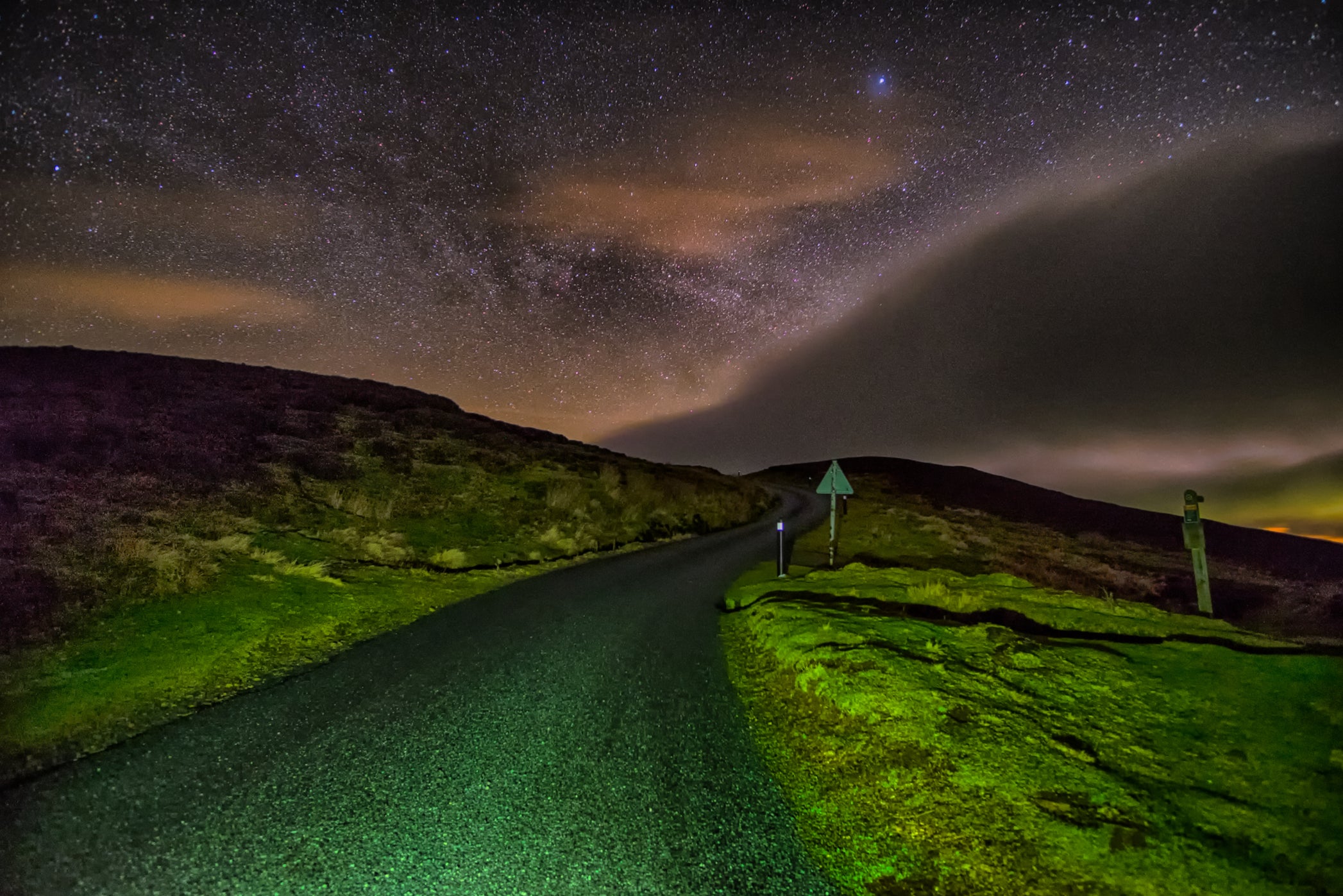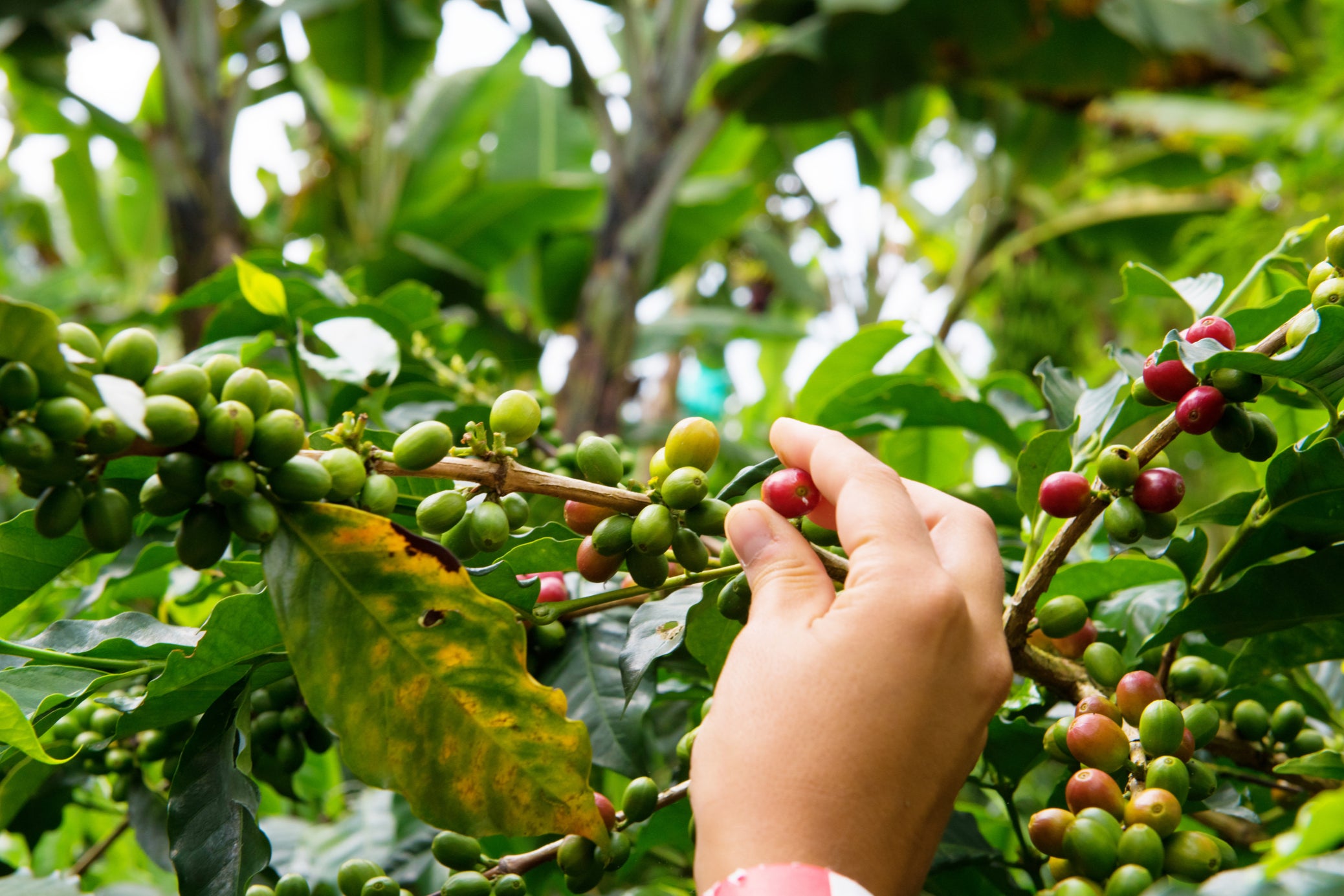Table of Contents
Your support helps us to tell the story
From reproductive rights to climate change to Big Tech, The Independent is on the ground when the story is developing. Whether it’s investigating the financials of Elon Musk’s pro-Trump PAC or producing our latest documentary, ‘The A Word’, which shines a light on the American women fighting for reproductive rights, we know how important it is to parse out the facts from the messaging.
At such a critical moment in US history, we need reporters on the ground. Your donation allows us to keep sending journalists to speak to both sides of the story.
The Independent is trusted by Americans across the entire political spectrum. And unlike many other quality news outlets, we choose not to lock Americans out of our reporting and analysis with paywalls. We believe quality journalism should be available to everyone, paid for by those who can afford it.
Your support makes all the difference.
What’s the antithesis of 2024’s scenes of overtourism, where we found ourselves in crowds and queues at every turn? Well, how about a more niche holiday? These more unusual travel ideas give you a special focus, a more meaningful experience – and they are often better for the nature and communities you visit, too.
Find your new niche for a new year, with seven unusual travel experiences for 2025…
1. Take your kit off

If, like me, you’re sad that most spa trips are expensive and solitary sanctuaries, consider hot spring tourism. Follow the lead of local people in geothermal hotspots, see a nation at leisure, and get a glimpse into its social history. “The springs have been known for thousands of years in Bulgaria and local people use them a lot,” says Lyubomir Aleksandrov, from Sofia-based travel company Green Valleys. “Some people use it to recover from sickness; others use it for a good mood and maintaining a strong immune system.” Good for you; good for the environment, too, if the water heats itself.
Be a hot spring tourist… from Japanese onsens to Icelandic lagoons, to the hot springs that fill the bath houses of Budapest and Eastern Europe – your cup runneth over.
Read more: These destinations are giving visitors rewards for being ‘good tourists’
2. Be big on bees

Slovenia has the most beekeepers per capita in Europe. In the 2010s, apitourism became a buzzword as Slovenia harnessed its famous honey power to draw tourists into the forests – visiting beekeepers and their beautifully painted traditional hives, going honey tasting, and even trying apitherapy (spa treatments using bee products). Apitourism seems niche, but the humble bee can connect you to local producers, to a living cultural heritage, and the wider natural world. Plus, apitourism helps combat the decline of rural areas.
Be an apitourist… by visiting Slovenia. The trend has also spread to countries including Lithuania, the UK and Belarus.
3. Learn the language
If travel is about seeing new places and meeting new people, language tourism – learning the lingua franca – gets you closer to both. “A rural language school will give you the opportunity to experience an area to the full,” says Ana Rodríguez García, founder of Peak Me Languages, who runs Spanish language courses in the Picos de Europe in Spain. “And you get to support local conservation projects as well as the local community – for example, farmers, cheese producers and accommodation owners.”
Be a language tourist… in rural Spain. Alternatively, learn Spanish in a rainforest in Costa Rica and drop in on various social and conservation projects in the area.
Read more: Eurostar has rebooted their ‘ski train’ – here’s why you should give it a go
4. Keep watching the skies

If seeing the northern lights above your shed in 2024 piqued your interest in what else is out there, consider astrotourism. The solar maximum, the period of solar activity which caused the flurry of aurora activity in 2024, is likely to continue in 2025. DarkSky International works to preserve views of the universe from Earth. There are over 200 dark sky places in the world, often in nature reserves and remote areas away from cities, where fewer people visit, and your presence (and money) is very welcome.
Be an astrotourist… by visiting dark sky spots in the UK and beyond.
5. Stay on a farm; help a farm
One of the earliest forms of modern responsible tourism started in Italy in the 1980s: agritourism. It brings tourists to farms, provides farmers with an important income stream, and gives lucky visitors stays surrounded by sunflower fields and vineyards, guaranteed fresh eggs for breakfast, and time to wander in the herb garden after lunch.
Be an agrotourist… at farmstays across Europe. Here in the UK, subsidies help farmers manage more of their land for nature, which visitors – camping in the wildflower meadow or walking in butterfly-rich grassland – can appreciate.
Read more: The best city breaks in Italy
6. Try ‘cupping’ your favourite drink

You won’t miss your commute on holiday, but you might miss your en-route latte. Coffee tourism means visiting smallholdings in biodiverse tropical climates. Coffee farmers often miss out to roasters when it comes to profits. By paying for cupping (tastings) and buying beans, or even booking a homestay, you can help coffee farmers reap the benefits from their beans. Coffee can be grown wild; expect nature watching in forests that have been saved from deforestation.
Be a coffee tourist… in cities which take coffee seriously, like Tokyo and Melbourne. Or go to the source in the Zona Cafetera in Colombia, the forests of Ethiopia, or near Machu Picchu.
7. Follow pilgrim paths
Pilgrimage tourism has existed for as long as sites like Mecca and the Vatican have stood. Pilgrimage walks are increasingly popular; in 2024, nearly 500,000peregrinos walked the Camino de Santiago. And they’re not just for the religiously devout, but those dedicated to more responsible tourism, too. Pilgrims find themselves engaging meaningfully and mindfully with the history and topography of a place, and with their hosts along the way. Long-distance trails regenerate rural areas; the Camino has sustained countless shops and businesses in the tiny villages along its route.
Be a walker… why not walk a section of the Via Francigena, which connects Canterbury to Rome via Tuscany? Here in the UK, the Athelstan Pilgrim Way has just opened in South West England.
Read more: The amazing holidays you can have that put the planet first
Eloise Barker is a writer at travel company Responsible Travel

